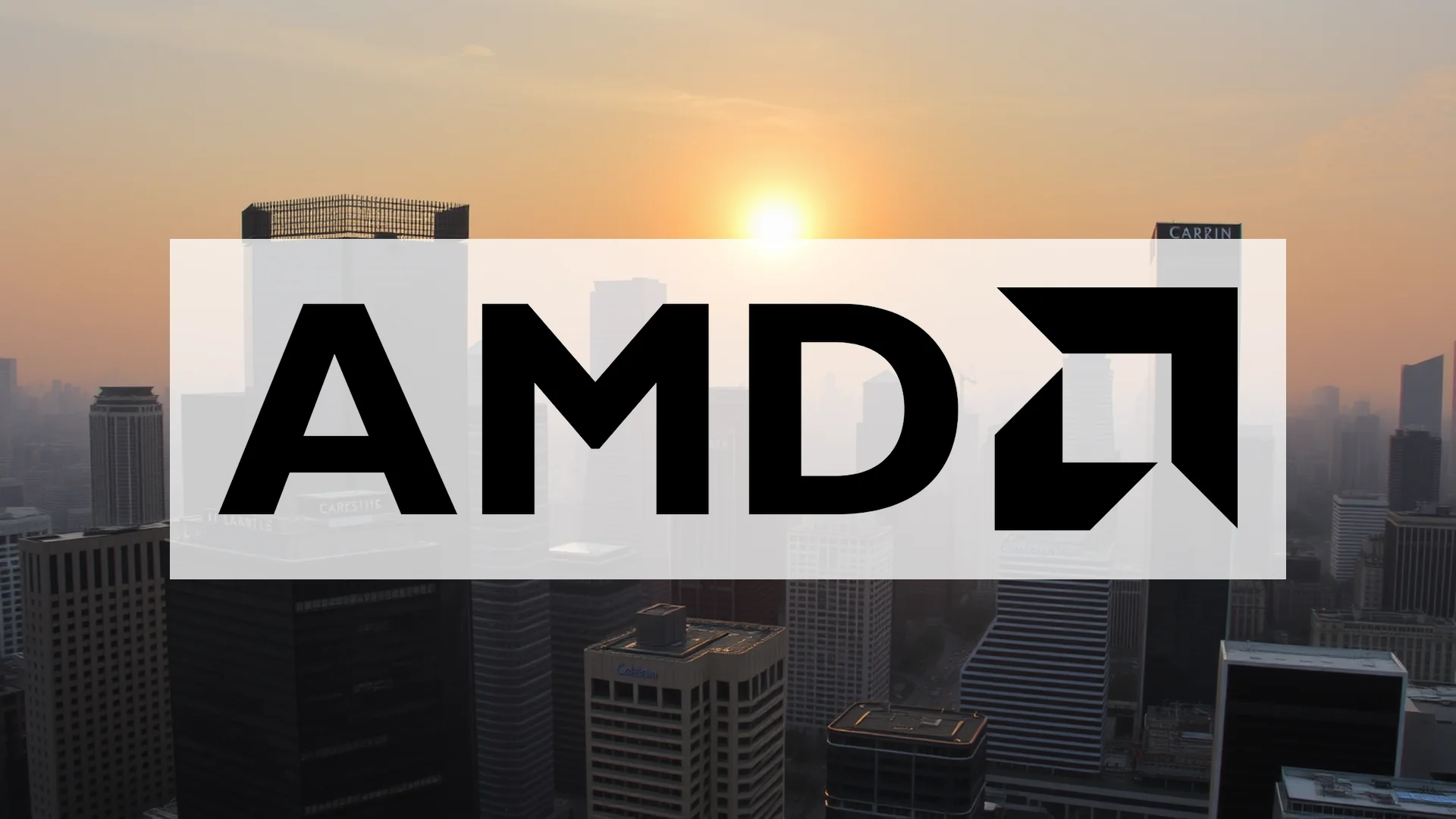In a development that could reshape the global technology landscape, Advanced Micro Devices (AMD) and Intel Corporation—longstanding rivals in the processor market—are reportedly engaged in discussions regarding a groundbreaking foundry partnership. This potential collaboration represents a strategic shift of monumental proportions for both companies and the broader semiconductor industry.
A Historic Rivalry Potentially Transformed
For decades, AMD and Intel have competed intensely across multiple fronts, from central processing units and graphics cards to market share dominance. Their competitive battles have defined processor innovation cycles and consumer choice. However, current negotiations indicate a potential redefinition of this relationship, with both industry heavyweights exploring cooperative manufacturing arrangements that could fundamentally alter their operational dynamics.
The core of these discussions revolves around Intel potentially fabricating high-performance semiconductors for AMD. Such an agreement would mark a radical departure from AMD’s established manufacturing strategy, which has predominantly relied on external partners like Taiwan Semiconductor Manufacturing Company (TSMC).
Strategic Implications for Both Companies
For Intel, securing AMD as a foundry client would represent a significant validation of its integrated device manufacturing strategy. The company has been aggressively expanding its contract chip manufacturing business, aiming to compete directly with pure-play foundries. Landing a competitor of AMD’s caliber would substantially accelerate these ambitions and demonstrate manufacturing capability to potential customers.
Meanwhile, AMD stands to gain manufacturing diversification and potentially enhanced production capacity during global chip shortages. Exploring Intel’s fabrication capabilities could provide AMD with additional supply chain resilience and technological flexibility as demand for advanced semiconductors continues to grow across computing segments.
Should investors sell immediately? Or is it worth buying Advanced Micro Devices?
Industry-Wide Ramifications
The potential partnership signals broader transformations within the semiconductor sector. Collaboration between direct competitors highlights the increasing complexity and capital intensity of chip manufacturing, where even historic rivals may find mutual benefit in certain operational areas.
Key negotiation points currently under discussion include:
- Concrete talks regarding foundry cooperation between AMD and Intel
- Potential manufacturing partnership focused on high-end processors
- An agreement that could redefine competitive dynamics in the global semiconductor landscape
Should these discussions materialize into a formal arrangement, the implications would extend far beyond the two companies, potentially influencing supply chain structures, competitive positioning, and technological development across the entire technology ecosystem.
This development underscores the fluid nature of the semiconductor industry, where strategic priorities continuously evolve in response to market demands, technological challenges, and global economic conditions.
Ad
Advanced Micro Devices Stock: Buy or Sell?! New Advanced Micro Devices Analysis from February 7 delivers the answer:
The latest Advanced Micro Devices figures speak for themselves: Urgent action needed for Advanced Micro Devices investors. Is it worth buying or should you sell? Find out what to do now in the current free analysis from February 7.
Advanced Micro Devices: Buy or sell? Read more here...













